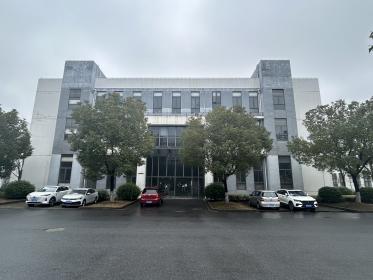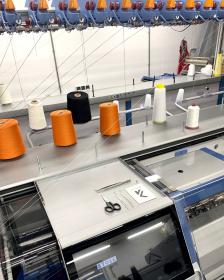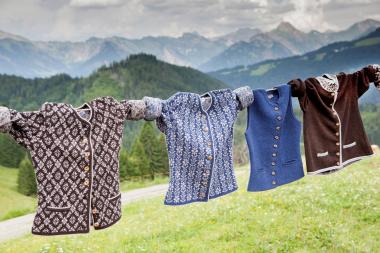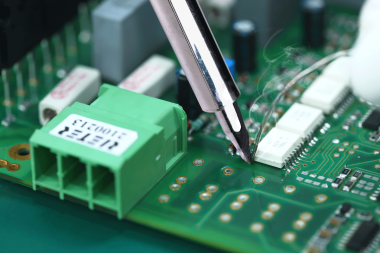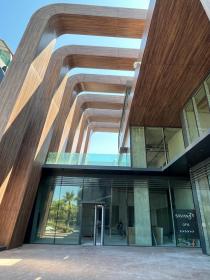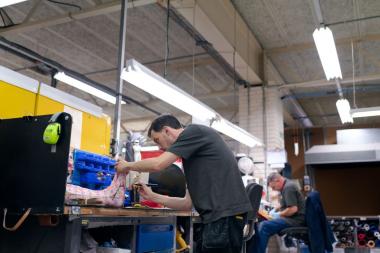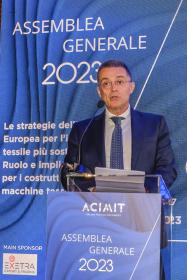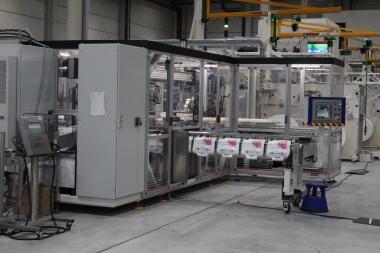Mayer & Cie. CN: New headquarters in Jiangsu
Mayer & Cie. CN Changzhou LLC, the Chinese subsidiary of the German circular knitting and braiding machine manufacturer Mayer & Cie., settled in Jiangsu Province at the beginning of the year. Until now, the Sales & Service subsidiary Mayer & Cie. China, founded in 2003 and later to become Mayer & Cie. China, had been based in Shanghai.
The new location within a Sino-German Innovation Park comprises a production hall of around 5,000 square meters. In the future, the circular knitting machines assembled for the domestic market will increasingly consist of locally sourced parts and components from various suppliers.
Since 2011, Mayer & Cie. has been assembling selected machine types for the domestic market at its Chinese plant in Shanghai. It started with a single jersey machine for the most common requirements. Today, China's domestic portfolio includes four types of machines. Until now, the knitting heads for these circular knitting machines had been pre-produced at the Mayer & Cie. plant in the Czech Republic and then transported to China.
The manufacturer is now saying goodbye to this "knitting head principle". It made perfect sense for the start of the assembly line, says Benjamin Mayer, managing partner of Mayer & Cie. However, it leaves little room for flexibility. He explains: "In the future, we will source all parts and components of the machines assembled in China from various local suppliers. This allows us to offer our local customers more attractive prices and faster delivery times with the same quality standards. We expect this change to improve the positioning of our products in the domestic market." In addition, the new plant will be connected to the parent company in Albstadt via an SAP connection. This was imperative to increase efficiency, transparency and quality.
The new headquarters of Mayer & Cie. CN is the German Chinese Innovation Park in Jintan in Jiangsu Province. The companies based there enjoy various advantages, including attractive location costs as well as proximity and exchange with other German companies on site. In addition, the administration of the SGIP supports companies in their search for employees, suppliers and service providers.
Mayer & Cie. GmbH & Co. KG


